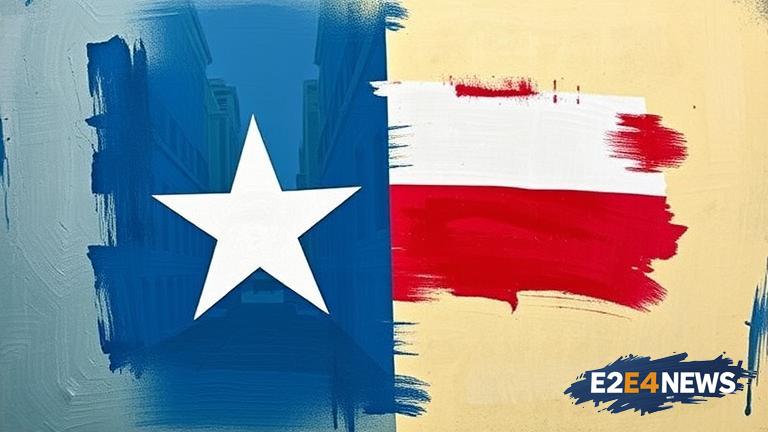Texas Governor Greg Abbott has signed a bill into law that restricts social media censorship, allowing users to sue platforms for unfair removal of content. The bill, which was passed by the Texas Legislature, aims to prevent social media companies from censoring users based on their viewpoints. The law applies to social media platforms with more than 50 million monthly active users, and it prohibits them from removing content or suspending users without a valid reason. Users who believe they have been unfairly censored can now sue the social media companies for damages. The bill also requires social media companies to disclose their content moderation policies and to provide users with a clear explanation of why their content was removed. The law has been met with both praise and criticism, with some arguing that it will help to protect free speech and others arguing that it will lead to the spread of misinformation. The bill’s authors argue that it is necessary to prevent social media companies from acting as arbiters of truth and to ensure that users have access to a wide range of viewpoints. The law is set to go into effect on December 2, 2021. Social media companies have expressed concerns about the law, arguing that it will be difficult to comply with and that it may lead to an increase in lawsuits. The law has also sparked concerns about the potential impact on online harassment and hate speech. Despite these concerns, the bill’s authors believe that it is a necessary step to protect free speech and to ensure that social media companies are not acting as censors. The law is part of a growing trend of states taking action to regulate social media companies and to protect users’ rights. Other states, such as Florida and Arizona, have also passed laws aimed at restricting social media censorship. The issue of social media censorship has become increasingly contentious in recent years, with many arguing that social media companies have too much power to shape public discourse. The Texas law is seen as a significant development in this debate, and it is likely to have implications for social media companies and users across the country. The law’s impact will be closely watched in the coming months, as social media companies and users navigate the new regulatory landscape. In addition to the law’s provisions related to censorship, it also requires social media companies to provide users with more transparency about their data collection practices. This includes disclosing what data is being collected, how it is being used, and with whom it is being shared. The law also gives users the right to opt out of data collection, and it prohibits social media companies from collecting data from users who are under the age of 18 without their consent. Overall, the Texas law is a significant development in the ongoing debate about social media regulation, and it is likely to have far-reaching implications for social media companies, users, and the broader online ecosystem.
